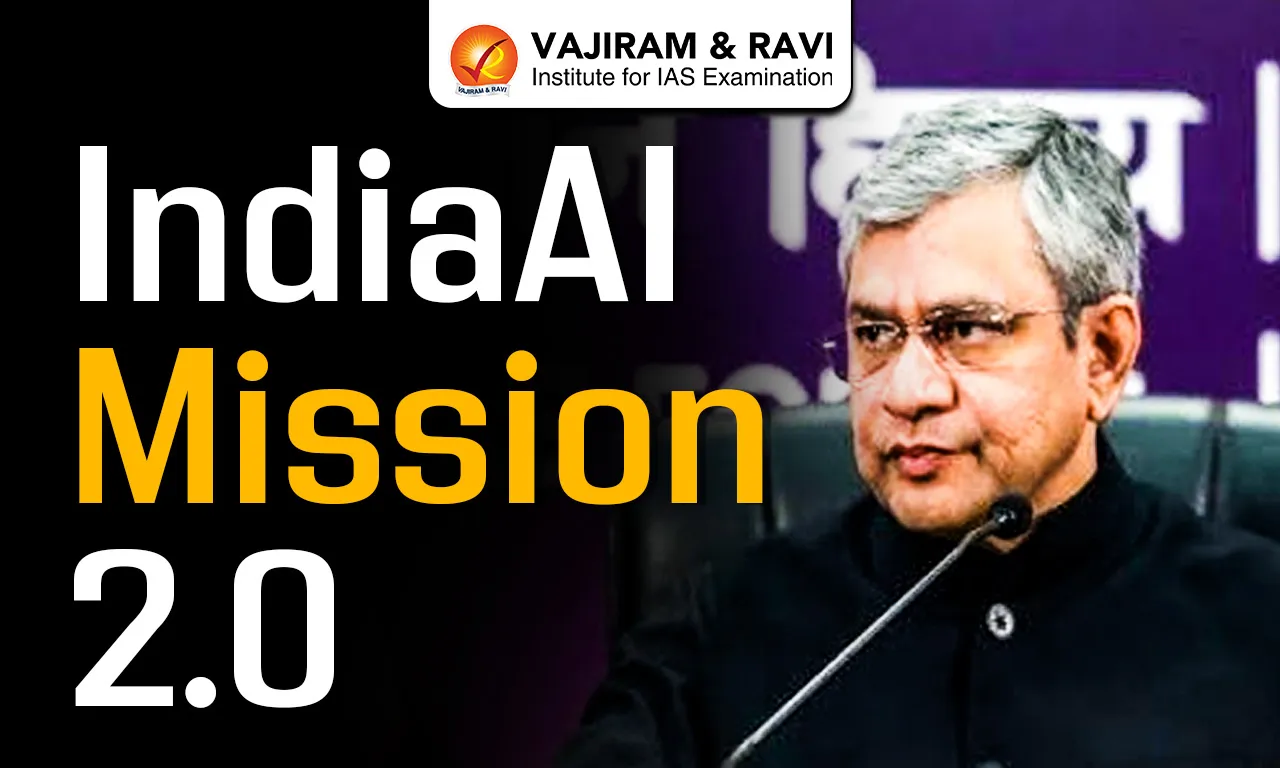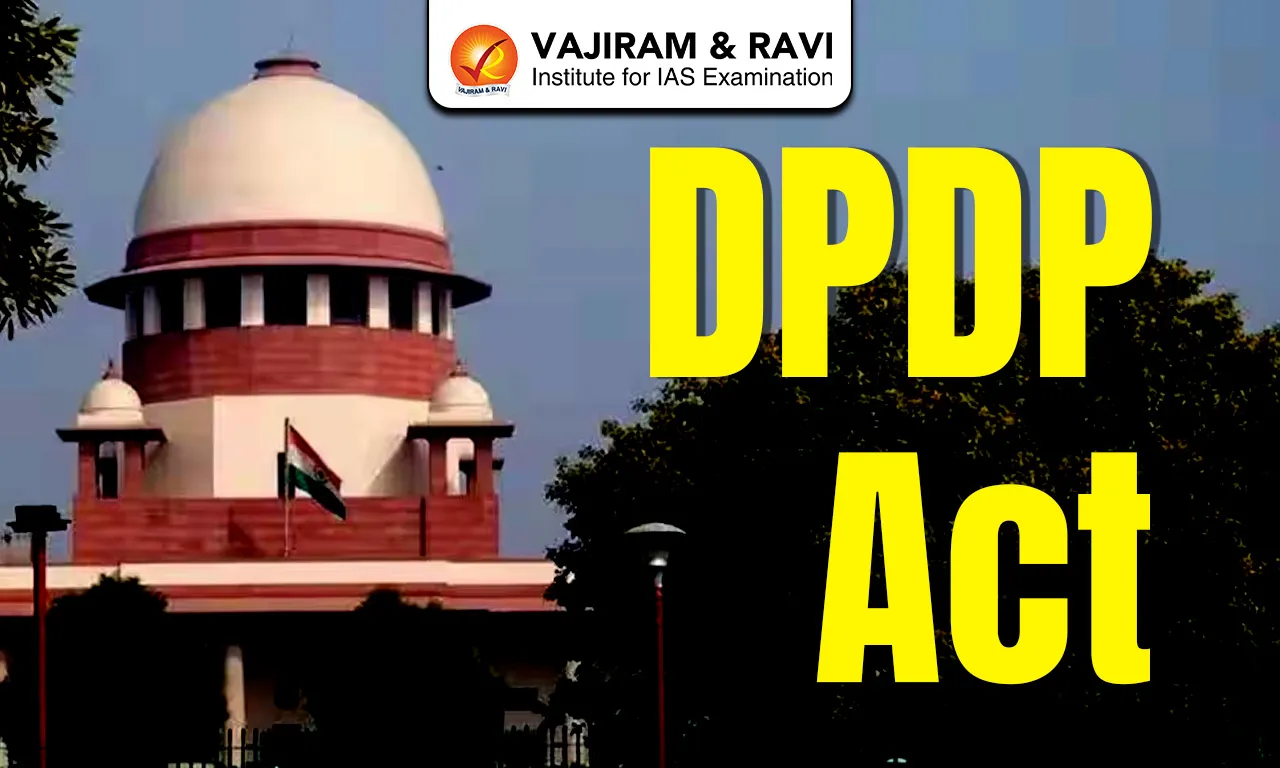What’s in today’s article?
- Why in news?
- What is Bio-Imaging Bank?
- Role of AI in cancer detection and treatment
- What is National Cancer Grid (NCG)?
Why in news?
- Given the escalating cases of cancer, the shortage of specialists poses a significant challenge in curbing fatalities.
- To address this gap, Mumbai’s Tata Memorial Hospital (TMH), the biggest cancer hospital in India, is turning to artificial intelligence (AI).
- By establishing a Bio-Imaging Bank for cancer, the hospital is utilising deep learning to craft a cancer-specific tailored algorithm.
Bio-Imaging Bank
- Goal
- The overarching goal is to create a robust repository encompassing radiology and pathology images, intricately linked with clinical information, outcome data, treatment specifics, and additional metadata.
- It is strategically designed for the training, validation, and rigorous testing of AI algorithms.
- Functioning
- Alongside database creation, the project involves training and testing multiple AI algorithms using the gathered data.
- It will address medically relevant tasks such as:
- screening for lymph node metastases,
- nucleus segmentation and classification,
- biomarker prediction, and
- therapy response prediction.
- Institutions involved
- The multi-institutional project is funded by the Department of Biotechnology, in collaboration with IIT-Bombay, RGCIRC-New Delhi, AIIMS-New Delhi, and PGIMER-Chandigarh.
Role of AI in cancer detection and treatment
- Early detection by identifying tissue changes and potential malignancies
- AI analyses radiological and pathological images, learning from extensive datasets to recognise unique features associated with various cancers.
- This technology facilitates early detection by identifying tissue changes and potential malignancies.
- Predictive models for tumour survival and guide treatment aggressiveness
- Comprehensive imaging generates longitudinal patient data, aiding in understanding behaviour, treatment response, disease recurrence, and overall survival.
- AI and machine learning protocols utilise this data to develop predictive models for tumour survival and guide treatment aggressiveness.
- Help avoid unnecessary chemotherapy
- The creation of a tumour image bank allows to develop algorithms for different tumours, assess treatment responses directly from images, and avoid unnecessary chemotherapy for predicted non-responders.
- Help maintain diagnostic quality while decreasing the radiation exposure
- Tata Memorial Hospital has already added the data of 60,000 patients into the biobank over the previous year.
- Using this data, AI is successfully reducing radiation by enhancing images with AI algorithms.
- This ensures a significant decrease in radiation exposure to children, maintaining diagnostic quality without compromise.
- Can help reduce cancer fatalities in the future
- AI is poised to play a transformative role in cancer treatment, particularly in mitigating fatalities in rural India.
- AI’s potential lies in tailoring treatment approaches based on diverse patient profiles, and thus optimising therapy outcomes.
- AI swiftly detects cancer, eliminating the need for extensive tests and enabling even general practitioners to diagnose complex cancers.
- This technology is poised to significantly enhance precision in cancer solutions.
National Cancer Grid (NCG)
- The NCG was established in 2012 as a government of India initiative through the Department of Atomic Energy (DAE) and its grant-in-aid institution, theTata Memorial Centre.
- It aims to create a network of cancer centres, research institutes, patient groups and charitable institutions across India with the objective of developing uniform standards of patient care for –
- Prevention, diagnosis and treatment of cancer;
- Providing specialised training and education in oncology and
- Facilitating collaborative basic, translational and clinical research in cancer.
- NCG today has over 270 hospitals in its network across India.
Q1) What is artificial intelligence?
Artificial intelligence (AI) is the ability of a computer or robot to perform tasks that are typically associated with human intellectual processes. For example, AI can perform tasks like reasoning.
Q2) What is Tata Memorial Hospital (TMH)?
The Tata Memorial Hospital (TMH) is a cancer treatment and research center in Parel, Mumbai, India. It is one of the oldest and largest cancer centers in the world, with over 75 years of patient care, training, and research.
Source: How AI can help detect cancer | PIB
Last updated on February, 2026
→ UPSC Notification 2026 is now out on the official website at upsconline.nic.in.
→ UPSC IFoS Notification 2026 is now out on the official website at upsconline.nic.in.
→ UPSC Calendar 2026 has been released.
→ Check out the latest UPSC Syllabus 2026 here.
→ Join Vajiram & Ravi’s Interview Guidance Programme for expert help to crack your final UPSC stage.
→ UPSC Mains Result 2025 is now out.
→ UPSC Prelims 2026 will be conducted on 24th May, 2026 & UPSC Mains 2026 will be conducted on 21st August 2026.
→ The UPSC Selection Process is of 3 stages-Prelims, Mains and Interview.
→ Prepare effectively with Vajiram & Ravi’s UPSC Prelims Test Series 2026 featuring full-length mock tests, detailed solutions, and performance analysis.
→ Enroll in Vajiram & Ravi’s UPSC Mains Test Series 2026 for structured answer writing practice, expert evaluation, and exam-oriented feedback.
→ Join Vajiram & Ravi’s Best UPSC Mentorship Program for personalized guidance, strategy planning, and one-to-one support from experienced mentors.
→ UPSC Result 2024 is released with latest UPSC Marksheet 2024. Check Now!
→ UPSC Toppers List 2024 is released now. Shakti Dubey is UPSC AIR 1 2024 Topper.
→ Also check Best UPSC Coaching in India






















